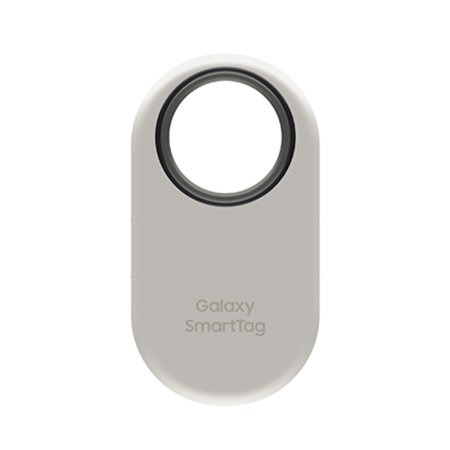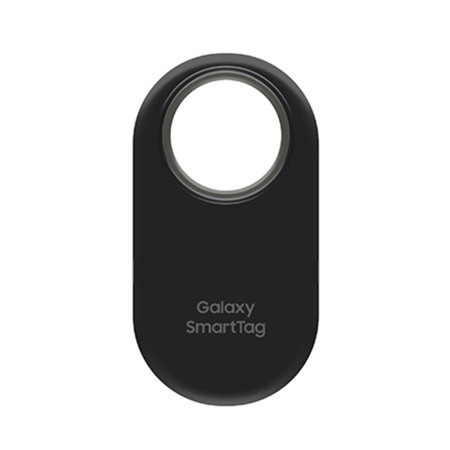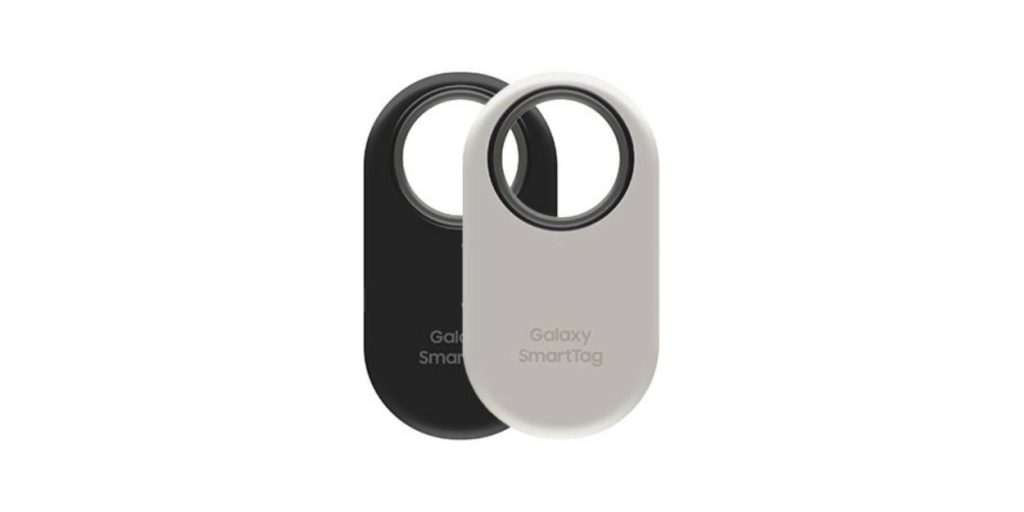In the wake of the 2021 debut of the SmartTag tracker, Samsung is gearing up to introduce the Samsung SmartTag 2 Tracker, and a recent retail listing has unveiled intriguing new features to anticipate.


The Samsung SmartTag 2 Tracker has been shrouded in previous leaks and rumors, and now, the picture is becoming clearer. The tracker is set to embrace the advantages of the more recent Bluetooth 5.3 protocol, promising extended battery life. A peek into the tracker’s architecture was offered by an FCC listing, revealing a built-in loop and compatibility with UWB (Ultra-Wideband) technology.
What to know about the he Samsung SmartTag 2 Tracker
A recent shop listing has shed additional light on the matter. Presented in both black and white, the SmartTag 2 design also confirms the inclusion of UWB support. Previously, Samsung had two SmartTag models, with UWB capabilities reserved for the more premium variant. The culmination of the FCC listing and the shop listing strongly suggests that the Samsung SmartTag 2 Tracker will exclusively be offered in a version equipped with both Bluetooth and UWB functionalities.
The listing also delves into the realm of the SmartFind network—a nifty feature powered by Samsung’s SmartThings Find. This feature lends an intelligent touch to your living space. Imagine being on the hunt for your elusive keys; the SmartThings app comes to the rescue, pinpointing their location quickly and efficiently. The stress of frantic morning searches can be quelled as you swiftly locate them through the app.
It’s important to note that this SmartFind network functions exclusively with Samsung Galaxy smartphones. While this network works wonders for Galaxy users, it’s worth mentioning that Google is preparing its “Find My Device” network. This network is poised to launch once Apple gives the green light and interestingly, Samsung is not currently positioned to support it. However, hopes are high that the landscape will evolve, especially since Google’s network will span across all Android devices, offering more robust support in the future.
